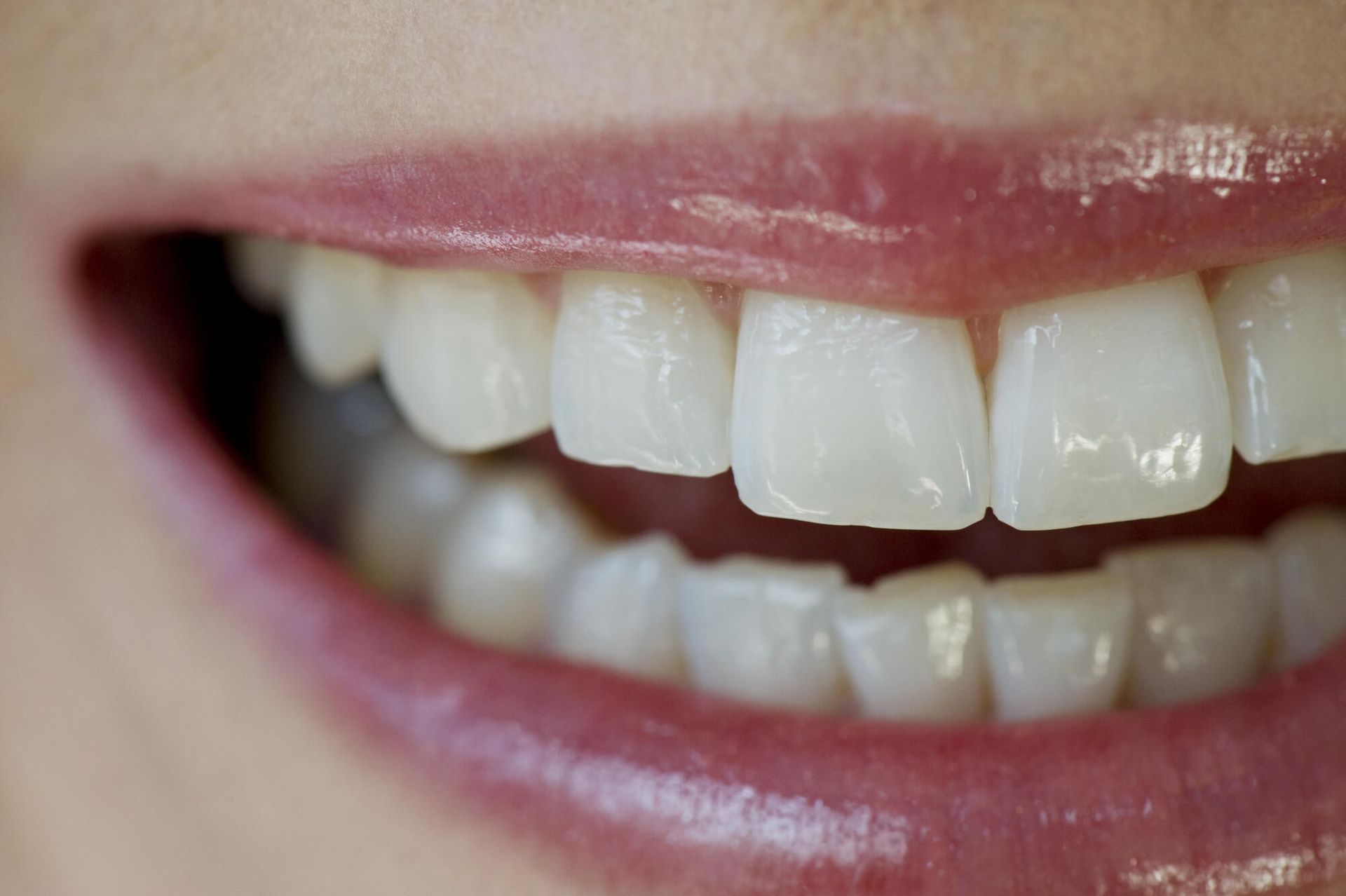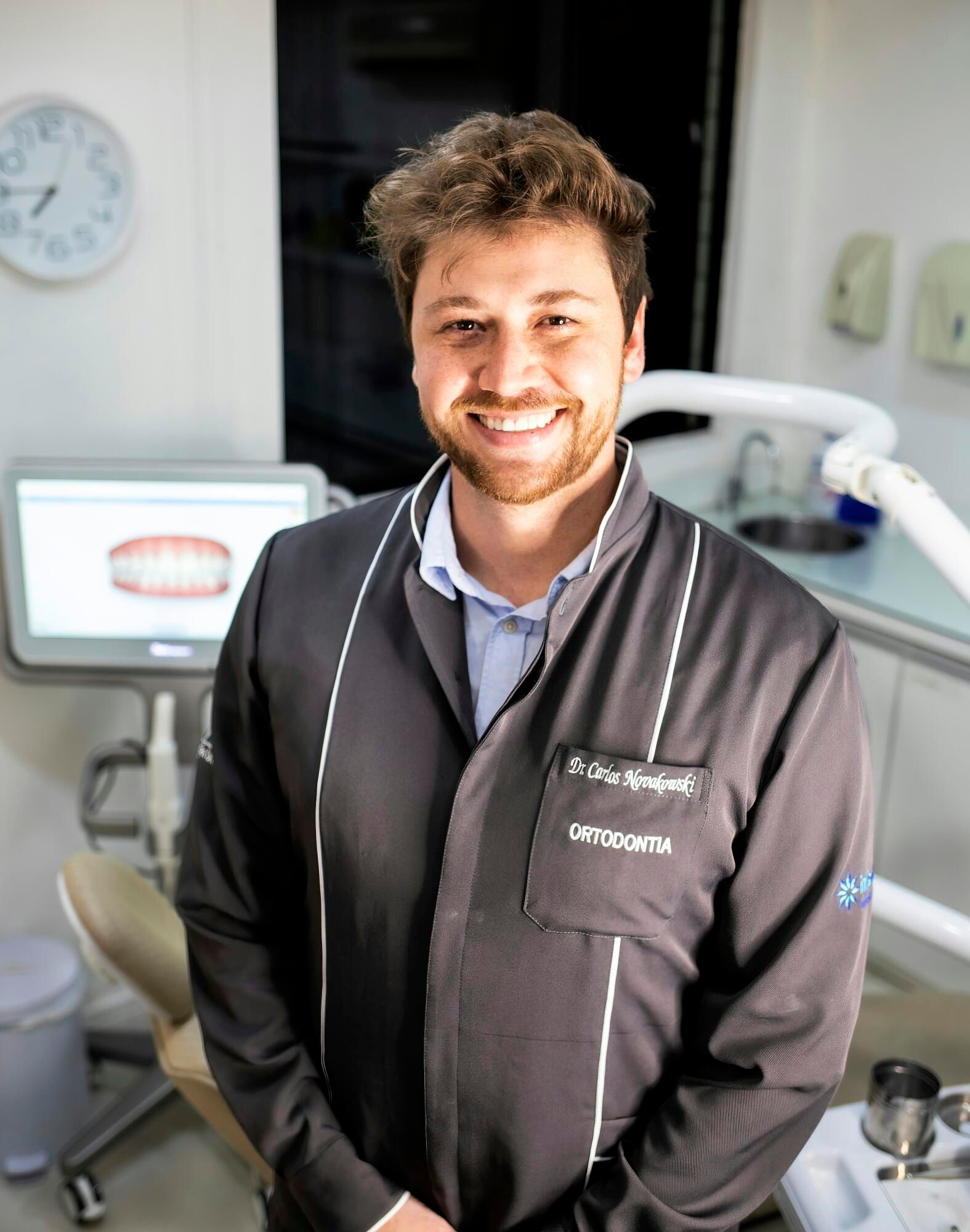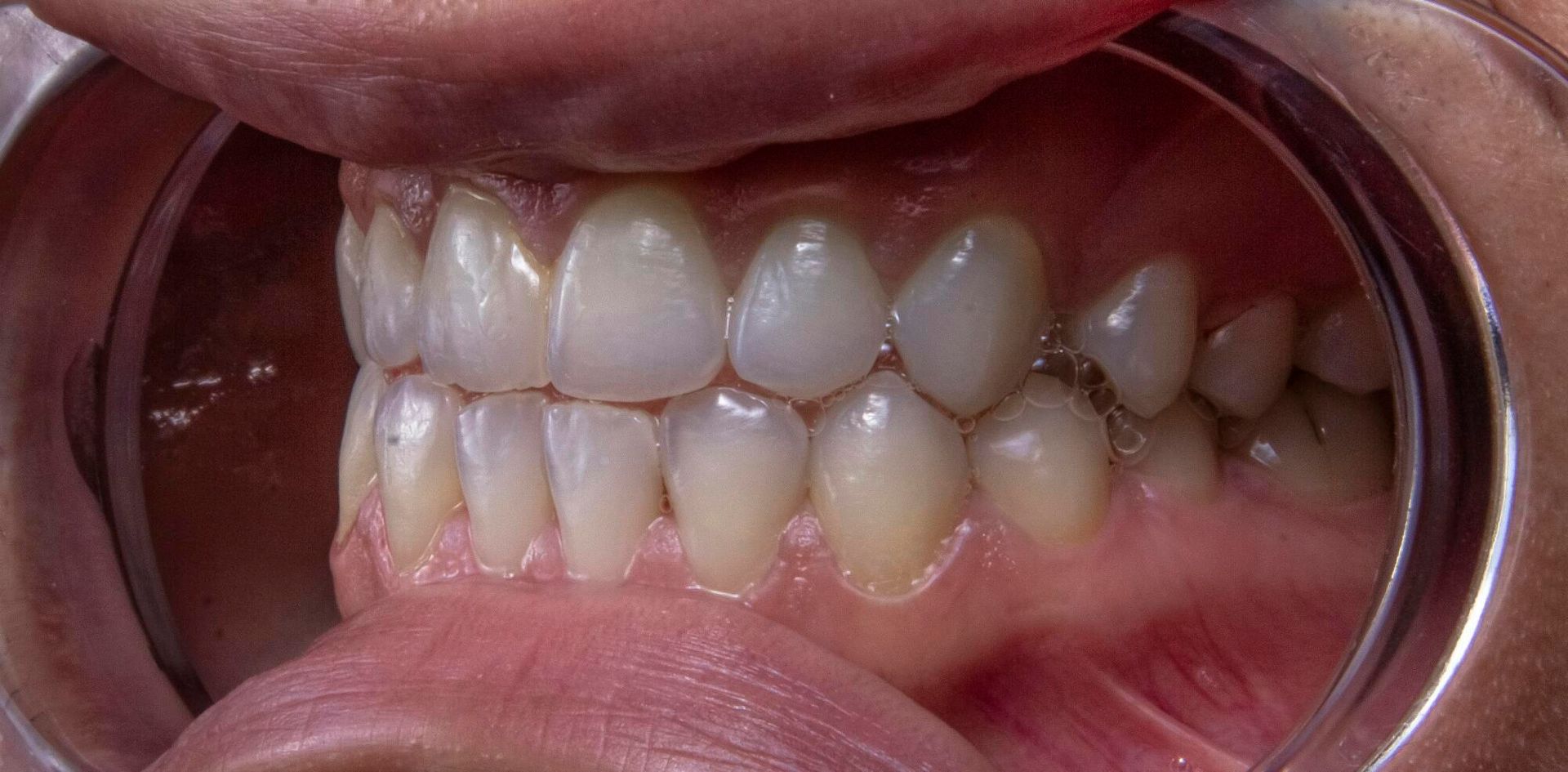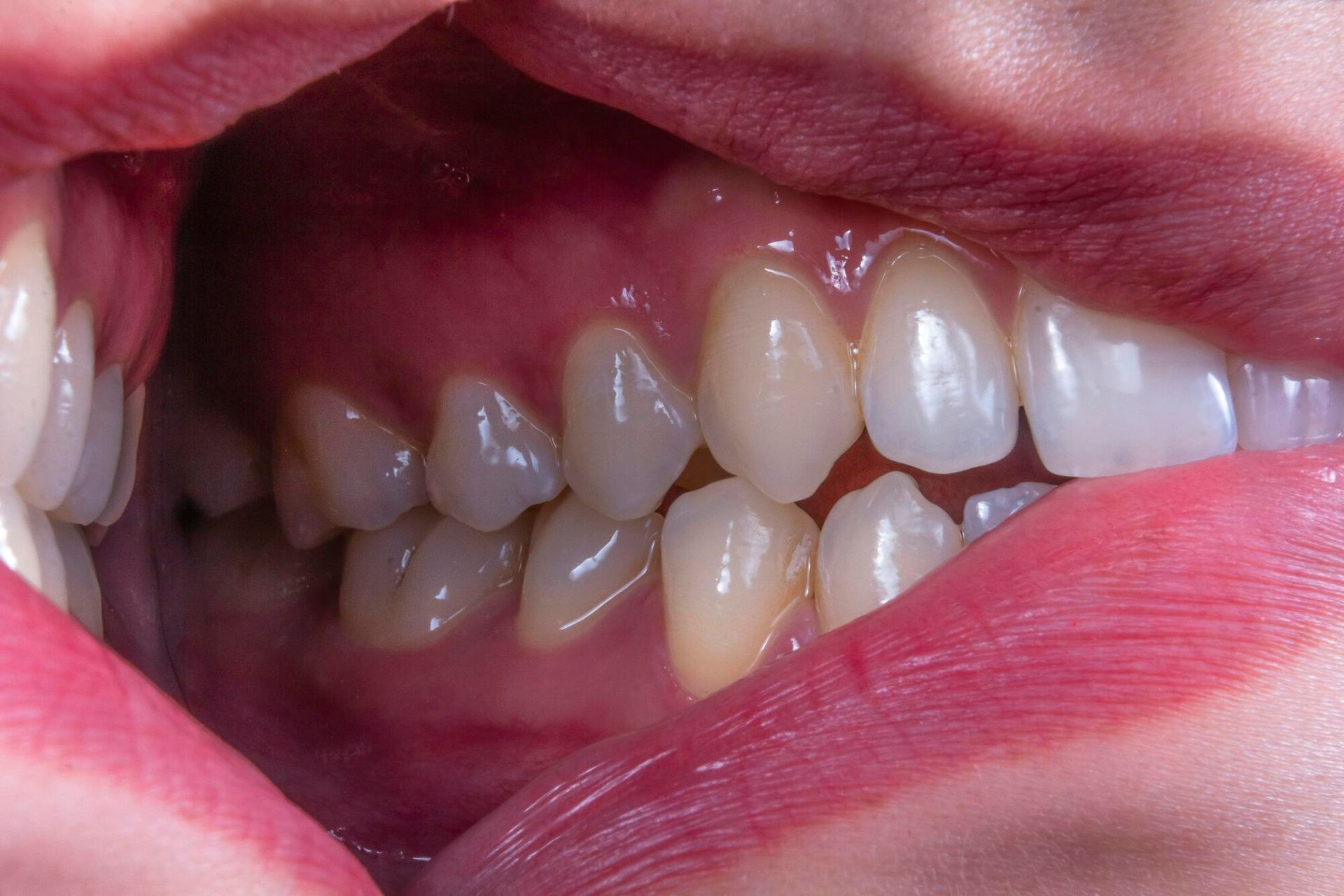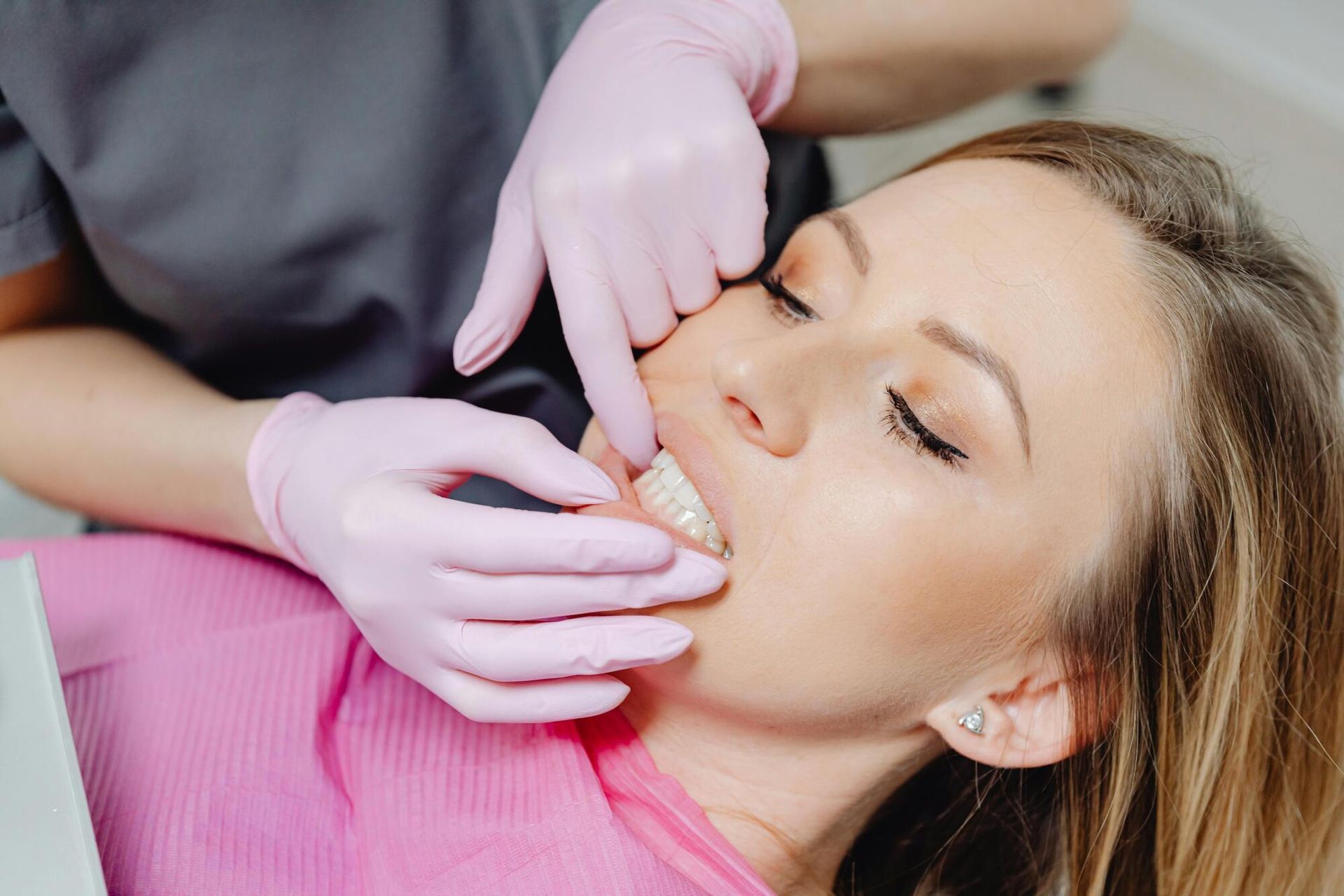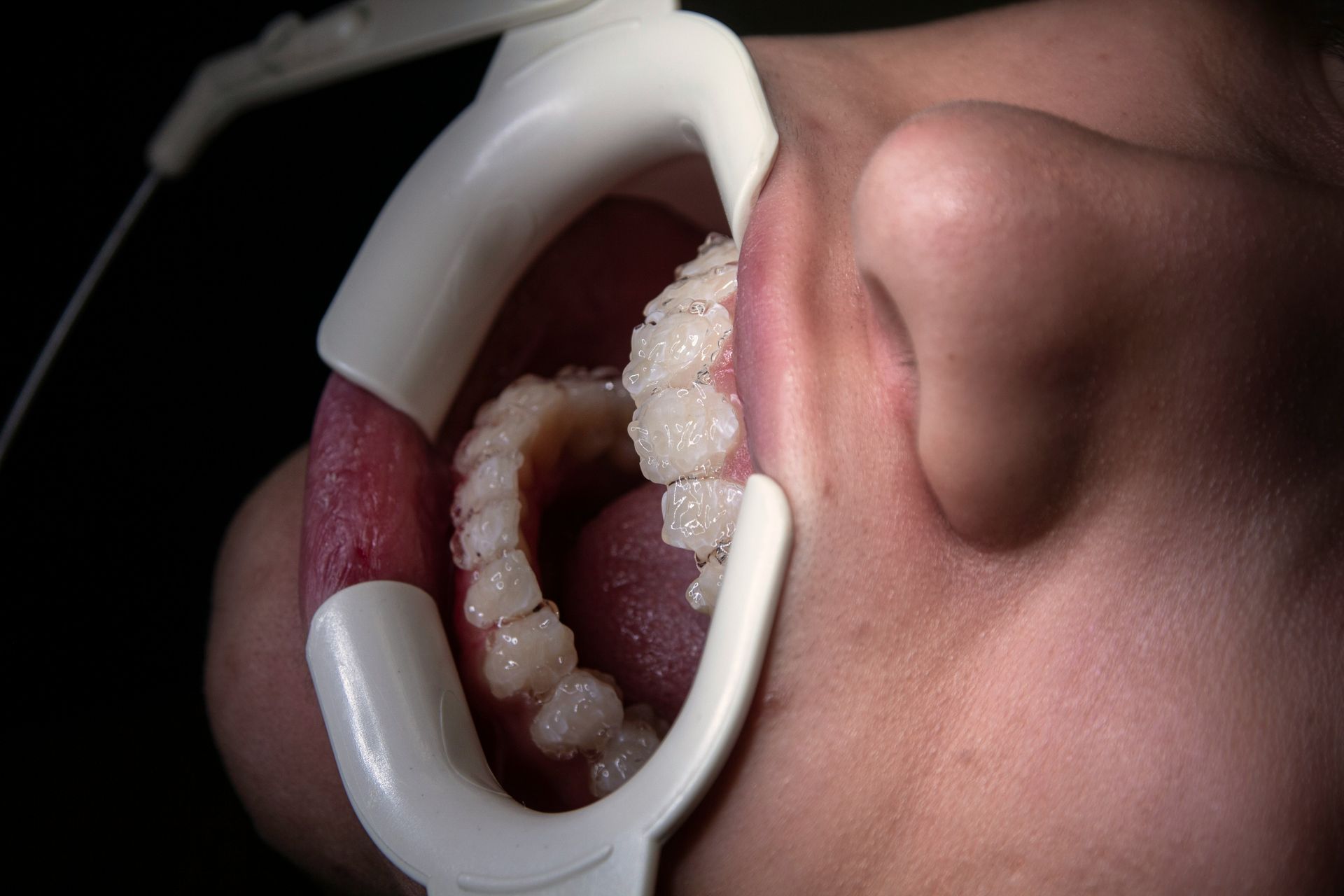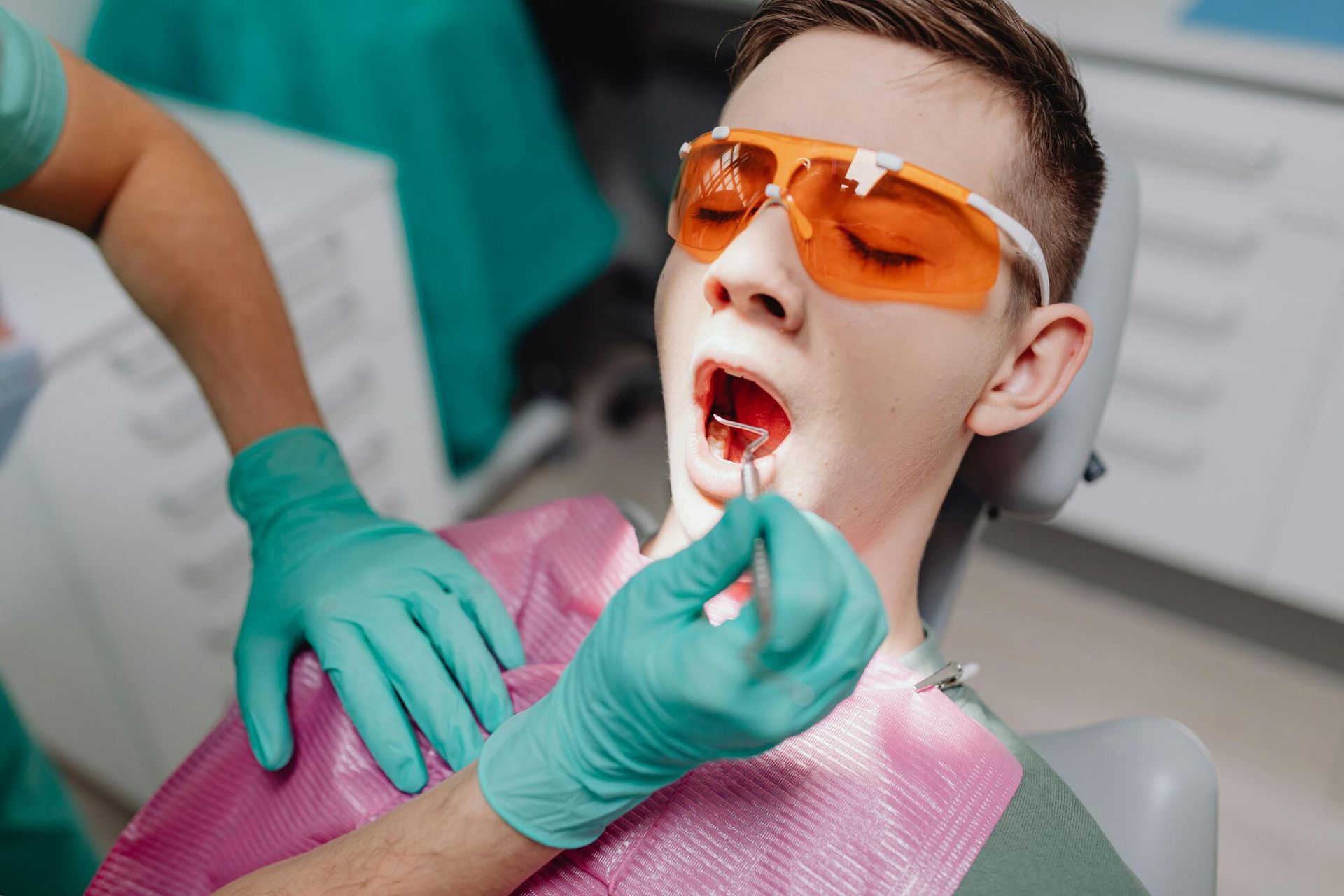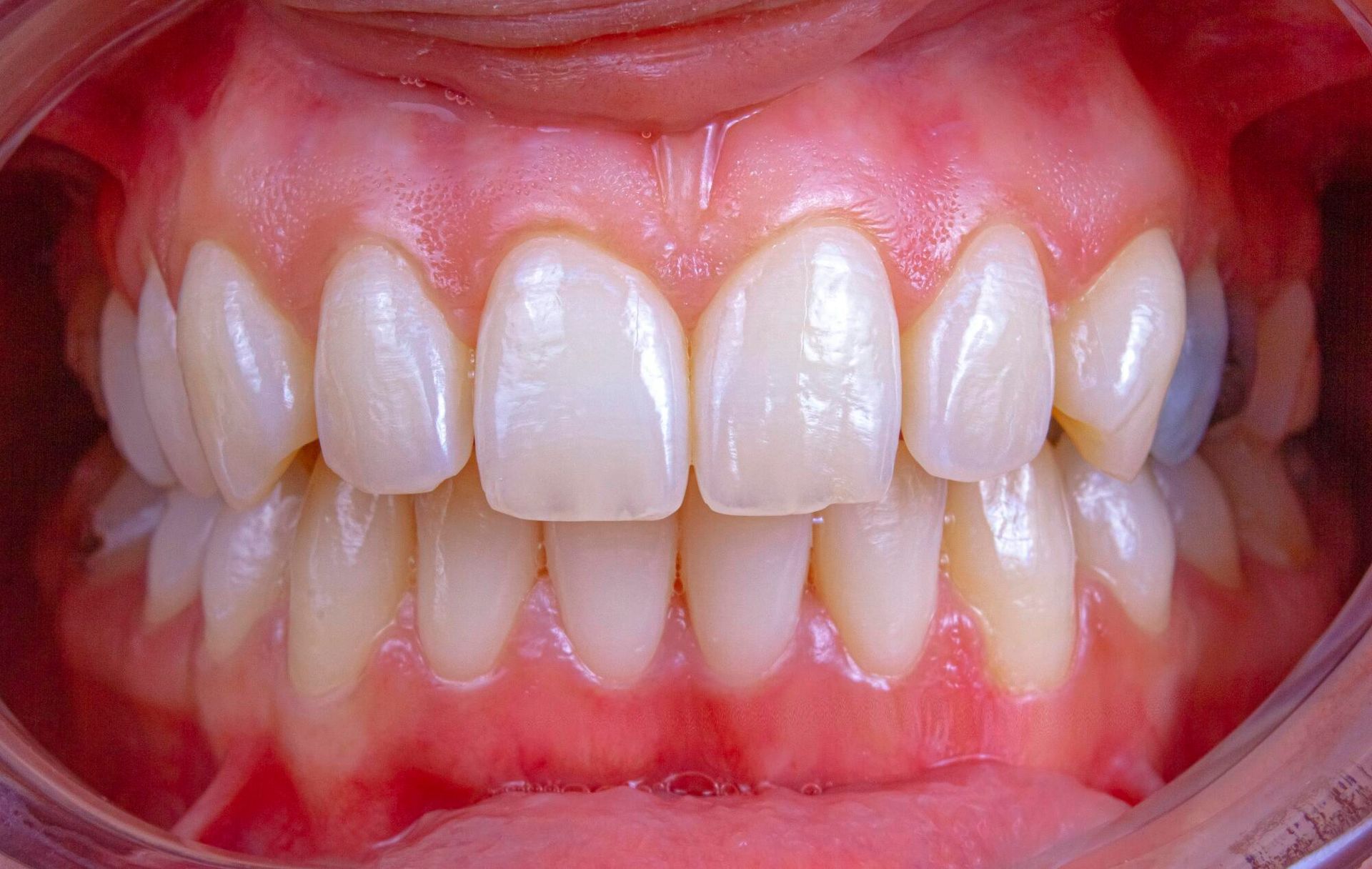Back-To-School Smiles: Essential Dental Health Tips for Orange, CA Kids
Did you know that more than 1 in 10 children have at least one untreated cavity by the time they enter school for the first time? That number rises to nearly 1 in 5 children by the time they're eight years old.
A big part of getting your kids ready to go back to school is making sure their dental health is in good condition. Dental health becomes even more vital once their adult teeth start to come in, which can happen as early as six or seven years of age.
Here are some children's oral hygiene tips for parents and their kids to follow so they can have the best long-term results.
Why Back-to-School Dental Care Matters
Each year, dental issues cause children across the country to miss school due to emergencies. Cavities, gum inflammation, and dental pain can lead to unnecessary absences and interfere with academic performance. It's difficult to focus on your studies when there's an infection causing stabbing pains in your gums.
Additionally, your oral health is directly connected to the overall health of your body. Tooth pain can increase stress and anxiety, which can affect a person's ability to sleep and their energy levels. A bad tooth infection can cause fever, which can lead to hospitalization.
Back-to-school season is a great time to reassess your child's oral health routine and schedule necessary appointments. You'll also want to refresh your home's supply of dental care tools.
Essential Children's Oral Hygiene Tips
A consistent and effective oral hygiene routine at home is the first line of defense against cavities and other issues. It should never come to visiting the dentist before you figure out there's a problem to fix. Ideally, you avoid developing those problems in advance.
Brush Twice a Day
Children should brush their teeth twice a day for two minutes each time using fluoride toothpaste. Doing so can help prevent cavities and keep their gums in good condition.
Use a soft-bristled brush that's the appropriate size for your child's age. Anything medium or hard could strip enamel and irritate their gums.
For kids under 6, adult supervision is often needed to ensure they brush correctly and avoid swallowing toothpaste.
Don't Forget to Floss
Flossing should start as soon as your child has two teeth that touch. While this can be tricky for little hands, it's important for removing food particles and plaque between teeth. Toothbrushes can't always get to all the little bits, especially when they're lodged between two teeth.
Floss picks can make this process easier and more fun for kids.
Use a Timer or App
Use a two-minute timer or download a child-friendly dental care app to make sure your child is brushing consistently. Some apps play songs or include games that reward consistent brushing and flossing habits. That way, they'll know how to do it right when they go to brush their teeth on their own.
Replace Toothbrushes Regularly
People should replace toothbrushes every three months or sooner if the bristles are frayed. After an illness, it's also a good idea to replace your child's toothbrush to avoid reinfection.
Reusing the same brush for too long can cause the bristles to fray or wear down. They can even harbor harmful bacteria or fungi.
Orange, CA, Dental Advice for Parents
Families in Orange, CA, have access to many excellent pediatric dental professionals. Ensuring your child benefits from that care means being proactive by finding the right dentist for you and your family and then scheduling regular appointments. It isn't always enough to teach them how to brush their teeth.
Know Your Child's Dental Milestones
Most children get their first tooth by 6 months and should see a pediatric dentist by their first birthday. By the age of 6, most children begin to lose their baby teeth and see their permanent teeth erupt. A good pediatric dentist can help monitor these milestones to ensure proper development.
Choose a Pediatric Dental Specialist
Orange has several board-certified pediatric dentists who specialize in treating children. These dentists are trained in child behavior, growth, and development. Children often find these visits less stressful and more educational.
Ask About Sealants
Dental sealants are a protective coating applied to the chewing surfaces of the back teeth. They help prevent cavities, especially in kids who may not brush thoroughly. While they aren't necessary, they can help school-aged children avoid certain dental problems.
Don't Skip Fluoride Treatments
As of July 2025, Orange County will no longer have fluoride added to its public drinking water supply. Due to this development, it's important for parents to get their kids professional fluoride treatments during routine check-ups. Fluoride helps offer extra protection against decay.
Pediatric Dental Check-Ups
Regular check-ups are vital in maintaining good oral health at every age. Pediatric dental check-ups should happen every six months, unless otherwise advised by your dentist.
During a pediatric check-up, expect:
- A thorough cleaning to remove plaque and tartar
- X-rays to detect cavities and assess tooth alignment
- Fluoride treatment for added protection
- A detailed oral health assessment
- Guidance on brushing, flossing, and dietary habits
Parents can also use their appointments as opportunities to address concerns about thumb-sucking or bite alignment.
Plan dental appointments during the summer or early in the school year to avoid scheduling conflicts. Many pediatric dentists offer flexible hours before and after school. Some even provide weekend appointments and emergency visits.
Healthy School Snacks for Teeth
One of the best ways to support your child's dental health is through smart nutrition. The type of snacks kids eat during school hours and at home plays a big role in their risk of developing cavities.
Sticky, sugary snacks promote plaque buildup. Tooth-friendly options can help clean the mouth and neutralize acids.
Best Snacks for Dental Health
Some examples of good snacks for healthier teeth are:
- Cheese cubes and yogurt
- Raw veggies
- Fresh fruit
- Nuts and seeds
- Whole-grain crackers
The goal is for children to eat snacks that are rich in calcium and other essential nutrients. Raw veggies like carrots and cucumbers are crunchy and naturally help clean teeth. Whole-grain crackers are lower in sugar and offer better overall health benefits than refined grain alternatives.
In contrast, the worst things for your teeth include sour candies, bread, and potato chips. Sour candies stick to your teeth and can cause decay due to the acids they contain. Bread and potato chips contain starches, which can stick to your teeth and feed bacteria in plaque.
Drinks That Promote Oral Health
Two types of drinks are the best options for kids. Water rinses away food particles and doesn't feed cavity-causing bacteria. Milk provides calcium and vitamin D, but kids should consume it with meals.
Avoid drinks like juice boxes, sports drinks, and soda. They're all high in sugar and acidity that erode enamel.
Teaching Kids Good Oral Hygiene Habits
Children are more likely to embrace oral hygiene habits when they feel empowered and involved. These are a few parenting strategies that help reinforce good habits.
Create a Reward Chart
Make a brushing and flossing chart where your child can earn stickers or small prizes for consistent routines. It rewards them for good dental hygiene habits, rather than letting them suffer the consequences later on.
Let Them Pick Their Own Supplies
Kids are more enthusiastic about dental care when they choose their own toothbrush, floss picks, and toothpaste. There are plenty of options available in stores, such as brushes themed after superheroes. Electric toothbrushes make brushing easier, though it's important that they still learn how to use a manual one.
Model Good Habits
Children mirror adult behavior. If they see you brushing and flossing daily, they're more likely to do the same.
Make brushing your teeth a group activity when they're younger. At the same time, you can make sure they're doing it the right way.
Talk About Why It Matters
Instead of ordering your child to brush their teeth, explain to them how good oral hygiene prevents toothaches. Let them know that it can improve their breath and keep their smiles looking great.
Back-to-School Dental Emergencies
Even with the best care, dental emergencies can happen. Kids playing sports might chip a tooth or knock one out entirely. Knowing how to respond is important.
For a knocked-out tooth, place it in milk and get to a dentist immediately. They may be able to place it back in its socket, where the root will reattach to the jawbone.
A chipped tooth calls for rinsing the mouth and applying a cold compress. Schedule an appointment with the dentist. They can rebond it to correct its appearance.
If your child suffers a toothache, rinse the area with warm water and use a cold compress. Schedule an appointment with their dentist so they can find the source of the problem.
Go Back to School With a Fresh Smile
As you prepare for your kids to go back to school, you want them to get there with a beautiful smile and no dental concerns. Cavities make eating a painful task, and bad breath can cause issues with socializing. Addressing minor issues promptly before they escalate into larger problems can help lead to better outcomes.
Smart Smile Dental can help your family keep their teeth in the best condition possible. We also offer emergency dental visits for knocked-out teeth and more. Contact us with any questions or to schedule a visit.
